Sowing Seeds for Seaweed Farming in New Zealand
With the threat of unpredictable climate impacts, New Zealand and its coastal communities are eager to adopt practical ways to diversify their historic mussel and oyster farming industries. Seaweed farming is emerging as an opportunity to leverage existing skill-sets, traditions, and values to create economic and environmental resilience.
In 2019, Nigel Bradly, CEO of EnviroStrat, a natural resource and sustainability advisor and impact investment project developer, identified regenerative ocean farming as a viable option to establish a commercial seaweed industry in New Zealand. “Regenerative ocean farming has the structural underpinnings of resilient ecosystems and economics,” says Nigel. “The model brings together positive social and climate impacts while still enabling profitable business.”
Using applied science, environmental engineering, and investment expertise, EnviroStrat develops innovative, values-based projects that deliver positive impacts for people and the planet. They work with an array of project stakeholders including nonprofits, corporate entities, and local communities to conduct feasibility studies. With guidance from GreenWave’s Co-Executive Directors Bren Smith and Emily Stengel and Programs Director Kendall Barbery, EnviroStrat mapped out the nuts and bolts of building a seaweed industry from scratch. “There’s no supply chain for farmed seaweed in New Zealand,” says Nigel. Currently, local Indigenous companies like AgriSea, which process seaweed for soil, plant, and animal nutrition along with innovations in biomaterials and human health, rely on seaweed washed up on shore. Other companies source seaweed from mussel line bycatch. “With support from Bren, Emily, and Kendall, we built out a plan to deploy pilot farms and roll out a supply chain that fits within the local context and enables the growth of a new, high-value sector for New Zealand,” says Nigel.
After successfully conducting a feasibility study for regenerative ocean farming in New Zealand, EnviroStrat developed a detailed investment case to recruit investors and project partners interested in supporting sustainable projects. “Climate change is a central concern for investors. They want to know the climate risks and solutions associated with new projects,” says Nigel. “Our role is to make sure we’re keeping the project developers, partners, and investors aligned throughout the process.” EnviroStrat has secured funding contributions for their 3-year pilot project with support from Auckland Council and a grant from New Zealand’s Ministry for Primary Industries Sustainable Food and Fibre Futures Fund. “Because of the global attention on seaweed, we built a strong case for viability and investment. That’s the power of GreenWave internationally.”
In partnership with iwi (Māori tribes) and local farmers, EnviroStrat’s regenerative ocean farming pilot is focused on creating a viable community model from seed to sale. Mawae Morton, Executive Chairman for the commercialization entity, is particularly excited about the potential to partner with Māori tribes and farmers. “There is great alignment with Māori on so many levels given our traditional relationship with native seaweeds, the existing position regarding sustainable aquaculture, strong interest in natural climate solutions, and purpose-driven investment in regional economic development for our people,” says Mawae.
Lucas Evans of Premium Seas Ltd. (L) and Peter Randrup of University of Waikato (R) monitoring stage one wild juvenile outplanting.
Over the next 3 years, EnviroStrat will collaborate with a range of local partners to research and develop each stage of the seaweed farming industry. With leading seaweed scientists Dr. Marie Magnusson and Dr. Rebecca Lawton at the University of Waikato and Premium Seas Limited, a group of seaweed farmers and entrepreneurs committed to developing the seaweed farming sector within New Zealand, EnviroStrat will build kelp hatcheries and test farm designs in the Hauraki Gulf and Bay of Plenty Regions.
"Although there is much knowledge to draw from internationally regarding kelp aquaculture, none of the major global commercial seaweed crops are native to New Zealand. This means that both hatchery and seeding protocols and farm designs need to be developed and tested for our local kelp species and conditions. We are very excited to be part of this journey,” says Dr. Magnusson.
Additionally, EnviroStrat will research market opportunities together with AgriSea who will focus on post-harvest processing logistics and product development. “We want to understand the whole industry from a technical point of view,” says Rebecca Barclay, EnviroStrat’s Senior Project Manager. “This work will lay the foundation for a future ocean farmer cooperative.”
EnviroStrat will also work to develop a blueprint for equitable industry growth by drafting a Kelp Farmer Bill of Rights and working with the government to address challenging regulatory processes. “When we’re ready to scale, we want to have a solid base to scale from,” says Nigel. “We look forward to ongoing conversations and training with GreenWave as this project continues to develop.”
GreenWave is excited to support—and learn from—partners like EnviroStrat to harness the regenerative ocean farming momentum to build resilient coastal communities.



